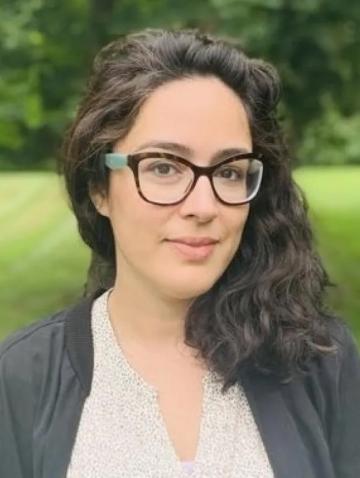Marjan Wardaki

Marjan Wardaki is a historian of the Global South and Europe, with research interest in the history of science and medicine, empire, and migration. Her research analyzes the formation of diasporic scientific communities, considering specifically the role of migrants in the circulation of scientific objects, ideas, and practices across Empire. Her previous article in Modern Asian Studies dealt with lithographic technologies in the rediscovery of Indo-Buddhist fine art among migrants in interwar Germany.
While at Yale, she is working on her book manuscript, Decolonial Science: Muslim Migrants in Interwar Europe, which examines the relationship between decolonization, science, and state-building in the early twentieth century. Works in progress include several articles on Indian vernacular medicine, the science of photography and technological innovations of the camera among an Urdu-speaking public, and the art of kustasazī (a widely used process of calcination in Indo-Persianate medical traditions).
At Yale is organizing the speaker series on Persianate Studies for the Program on Iranian Studies and various other workshops on knowledge and botany. She is also teaching a seminar on the History of Science, Knowledge, and Medicine, where students have the opportunity to work with scientific instruments and objects. Her recent essay for the Getty Research Institute analyzed albumen prints to reveal British scientific practices in 19th century Afghanistan.
Marjan Wardaki holds a PhD from the University of California, Los Angeles in European and South Asian history, and an M.A. in Middle Eastern Studies from the University of California, Irvine.